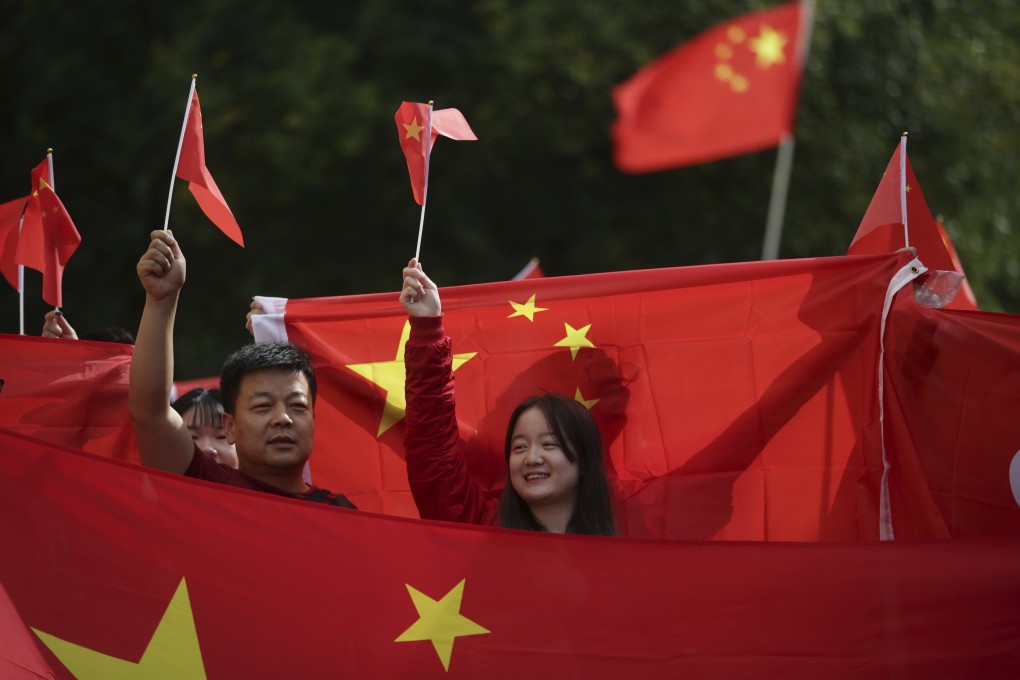Opinion | Why Hong Kong national security law won’t spark a third wave of migration to Canada
- Except for a very small number, most Chinese Canadians couldn’t care less about the new law – some even think it’s a good thing
- Hongkongers who hope to rally support from Canada’s people and government, or expect a warm welcome should they decide to leave, will be disappointed

How do Chinese Canadians see this? Except for some Hongkongers protesting in Vancouver and Toronto, most Chinese Canadians could not care less. Some even think enacting the new law is for the best. Hong Kong people who want to win overseas Chinese support should accept this reality.
There were two waves of migration from Hong Kong to Canada, first in the 1960s. Back then, Hongkongers were mostly refugees from the mainland who felt no sense of belonging towards the British colony. Some of them migrated to Canada to seek a better life.
In the 1980s, some of these immigrants moved back to Hong Kong – just in time for the golden age of Hong Kong’s economic development. Among those who stayed in Canada, some feel bitter for missing out, so they are pleased to see Hong Kong being oppressed by Beijing.
A significant number of the first-wave immigrants failed to really immerse themselves in the Canadian community. Hence, they feel discriminated against and bullied as second-class citizens. Now, with the rise of China, they feel proud of being Chinese. They have largely benefited from their improved status in Canada. Many think the anti-government protesters and supporters of localist causes in Hong Kong should be punished.

02:19
Hong Kong national security law leaves ‘Lennon Walls’ in restaurants blank, protest posters out
The second tide of migration happened in the late 1980s and early 1990s. Particularly after the crackdown on pro-democracy protesters on June 4, 1989, many left Hong Kong because of their fear of communist China.

